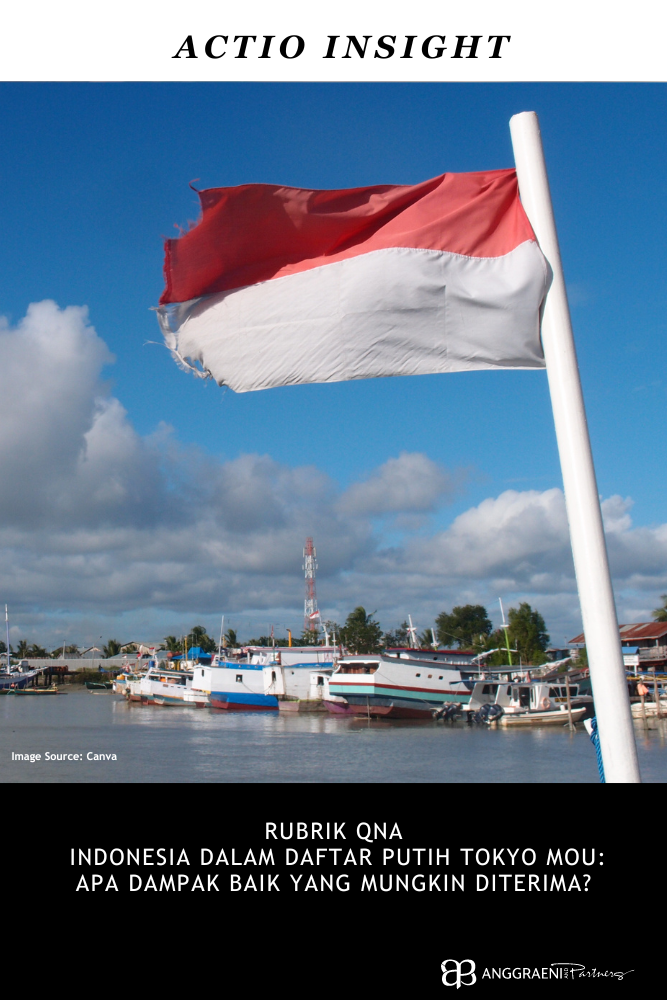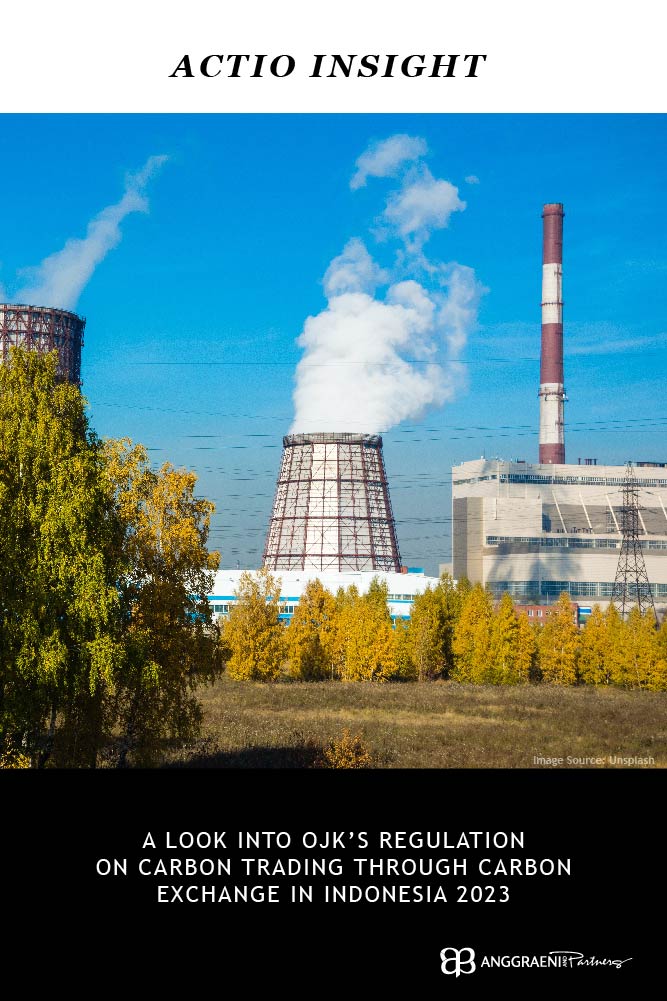- Home
- Capabilities
- ACTIO® Hub
- About Us
- Connect with Us
- AP Library
It cannot be denied that the Covid-19 pandemic has increased the need for telecommunication network access to support various aspects of people’s lives. According to the data from socialHootsuite, as reported by detikNews, that as of January 2021, the number of internet users in Indonesia has increased to 73.7% of Indonesia’s population of 274.9 million, or over 202.6 million users. Over the past year, there were an additional of 27 million users.1 This encourages the acceleration of the digital transformation process in Indonesia. The 5G network is predicted to be the backbone of digital transformation in Indonesia.2
The operation of 5G network connection requires a certain radio frequency spectrum. As a limited means, the use of radio frequency spectrum must be optimized in order to provide maximum benefit to the people. There are provisions in Law Number 11 of 2020 on Job Creation (“Omnibus Law”) which regulates the optimization of the use of the radio frequency spectrum, including the use of 5G networks in Indonesia in the future. This provision is contained in Article 71 number 5 of the Omnibus Law which allows joint use of the radio frequency spectrum.
Article 71 of the Omnibus Law amends the provisions of Article 33 of Law Number 36 of 1999 on Telecommunication. Based on paragraph (6) of the article, it is possible for a radio frequency spectrum usage business license holder to cooperate and/or transfer the use of a radio frequency spectrum for the application of new technology to other telecommunication operators. This provision is further regulated through Government Regulation Number 46 of 2021 on Post, Telecommunication and Broadcasting (“GR 46/2021”). The purposes of the cooperation in the use of the radio frequency spectrum are as follows:3
With a big demand of radio frequency in relation to the implementation of 5G connections, the patterns of cooperation for the use of radio frequency spectrum can optimize the existing frequency band resources. However, this cooperation pattern needs to be supervised in order to create a climate of healthy business competition among telecommunication providers. The supervision in this case is regulated in GR 46/2021, where cooperation in the use of radio frequency spectrum must obtain approval from the Minister of Communication and Information Technology (“Minister”) based on the results of evaluation.4 The Minister shall supervise and control the implementation of cooperation in the use of radio frequency spectrum at least 1 (one) time in 1 (one) year.5 In the event that the results of the supervision shows that there are mismatch in the purpose of the cooperation in the use of radio frequency as mentioned above and/or the principle of fair and non-discriminatory business competition, the telecommunication operator which conducts the cooperation in the use of the radio frequency spectrum will be subject to administrative sanctions in the form of a written warning, administrative fine, and/or revocation of approval on the cooperation agreement for the use of radio frequency spectrum.6
The provisions, as described above, are one of the government’s efforts to prepare the implementation of digital transformation in Indonesia, including the implementation of the 5G network. With the existence of a legal basis for the implementation of cooperation agreements in the use of a radio frequency band, this will hopefully promote the optimal use of the available frequency resources for the implementation of the 5G network in Indonesia. HAL/ALH/HES


